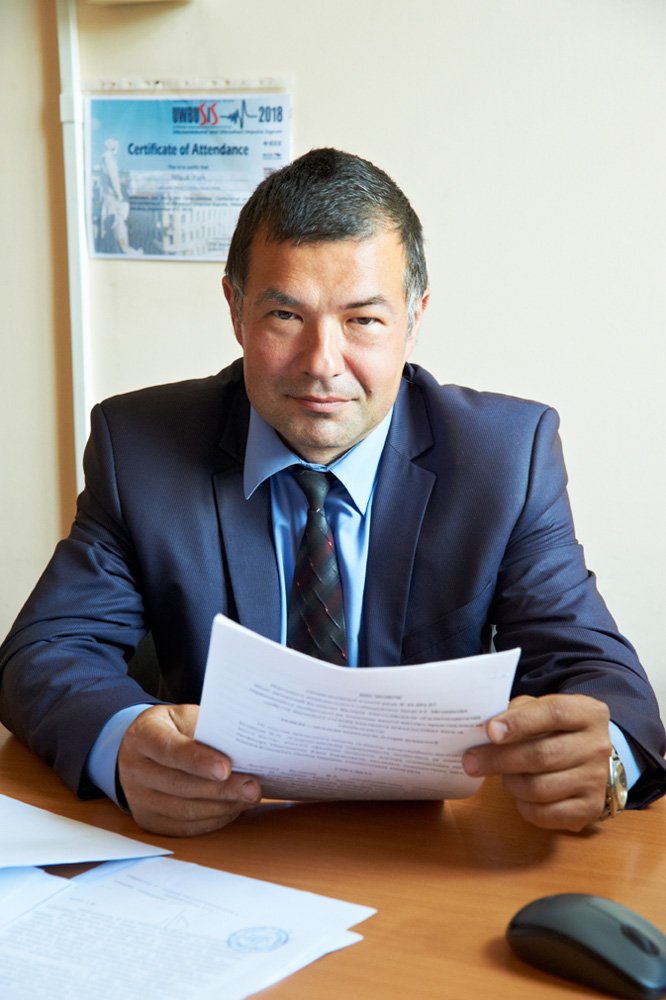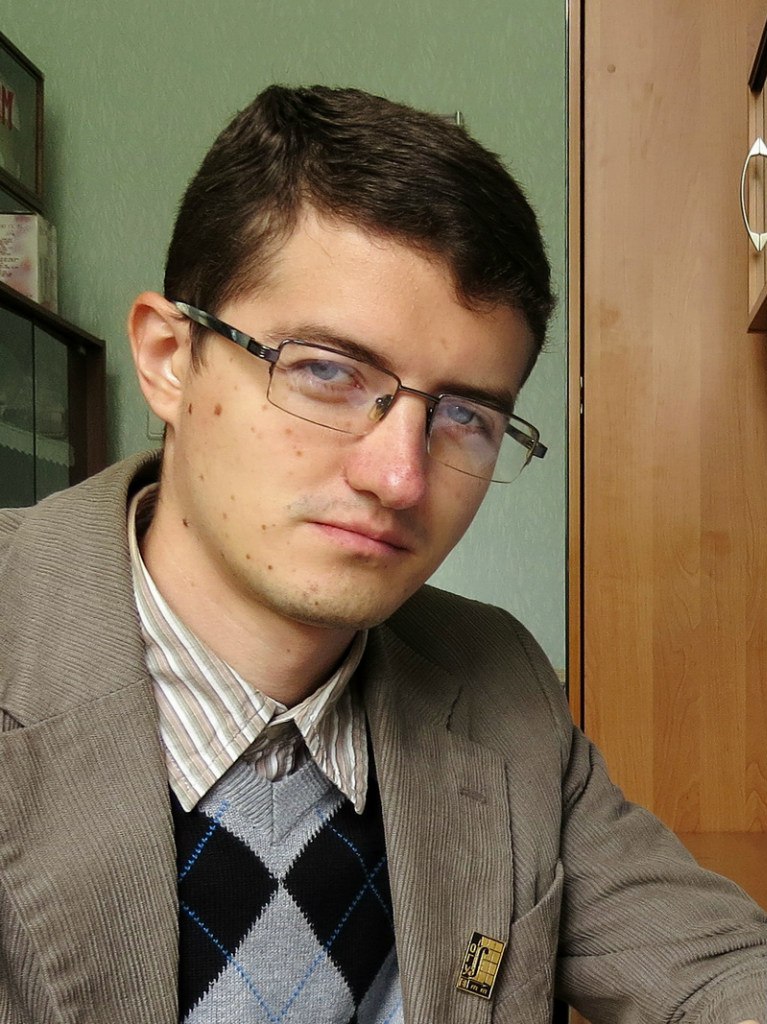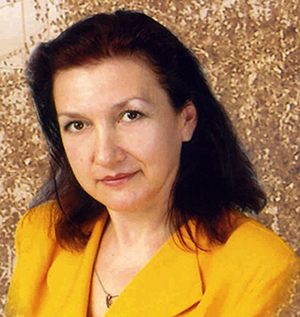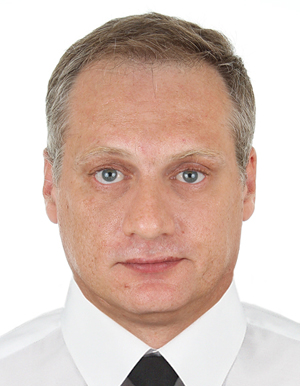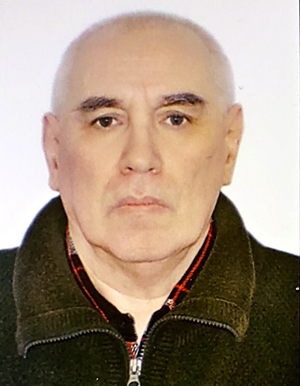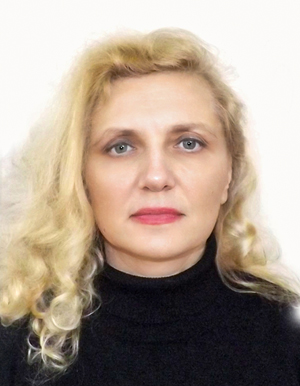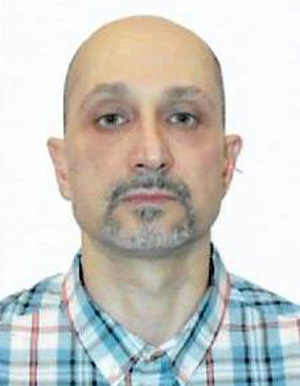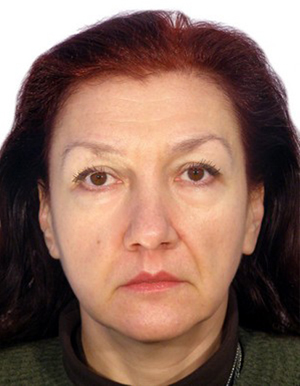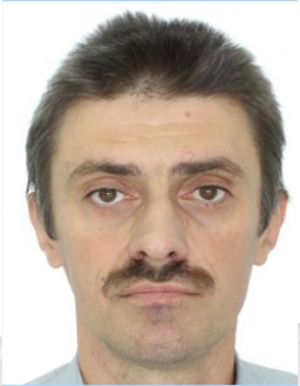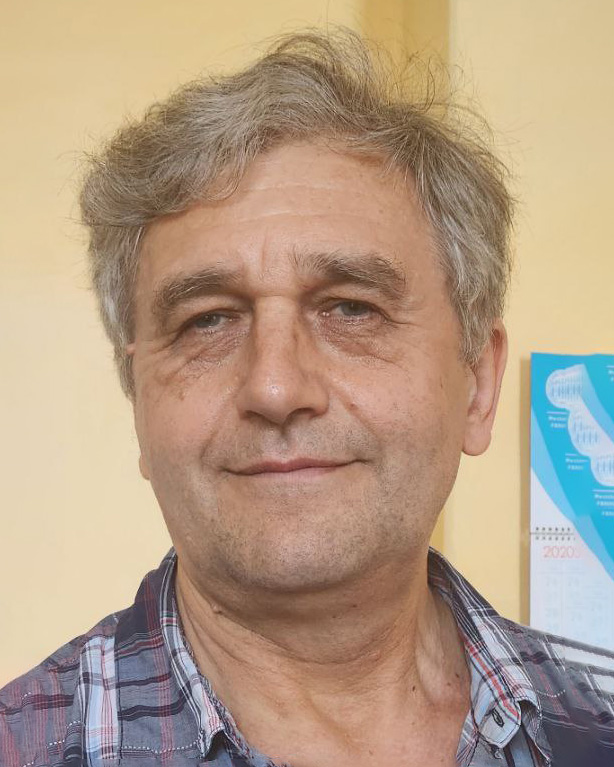FMPIT
Addresses: Odessa, st. Dvoryanskaya, 2 - The main building of ONU
Strakhov Evgeniy Mikhailovich candidate of physical and mathematical sciences. Sci., Associate Professor Deputy dean for specialties Mathematics; Applied Mathematics Phone: +38 (048) 723-82-00 Email: This email address is being protected from spambots. You need JavaScript enabled to view it.
Martynovych Larysa Yaroslavivna,
Senior Lecturer, Deputy dean for specialties Computer Engineering; Information Systems and Technologies; Computer Sciences e-mail: This email address is being protected from spambots. You need JavaScript enabled to view it. Phone: +38048-723-12-23
Dear Colleagues, Graduates, Students and Applicants!
Faculty of Mathematics, Physics and Information Technologies of the Odessa I.I. Mechnikov National University is an educational institution that, on the one hand, preserves the best traditions of the classical university, and on the other hand, it also supplements them with modern high-level teaching approaches, both theoretical and practical, which allows our graduates to be competitive in the labor market.
Today the faculty employs more than 30 doctors of science, professors and more than 100 candidates of science, associate professors. Our teachers annually participate in all-Ukrainian and international conferences, seminars and various round tables. Every year, the university publishes textbooks, methodological guides, monographs, prepared by the faculty's faculty. The scientific work of faculty teachers is published in the leading world publications, which are part of the Scopus and Web of Science databases.
A lot of attention is paid to young scientists who study in postgraduate and doctoral studies. Specialized councils for the protection of Ph.D. theses in mathematics, doctoral dissertations in physics and astronomy work at the faculty.
Such a high level of preparation allows the students of FMPIT to take prizes at Ukrainian and international olympiads. Among them: the VIII International Student Olympiad in Mathematics (Prague), where for the first time in the history of Ukraine student Metelichenko A. received the Grand Prix and the possibility of studying in the graduate school in the UK. Almost all participants of the International Olympiads were awarded diplomas of I-III degrees. This year our students took the 4th place in the semi-final of the world championship in sports programming ACM ICPC in the South-Eastern European region SEERC-2012 ACM ICPC. In addition, significant results were obtained at the All-Ukrainian student olympiads in mathematics (three years in a row the absolute first place was fought), physics and astronomy. Physics students annually receive diplomas of winners at the All-Ukrainian competition of student scientific works. Students and young scientists from FMFIT receive scholarships each year from the President of Ukraine, the Verkhovna Rada of Ukraine and the Cabinet of Ministers of Ukraine, scholarships in various fields of knowledge: mathematics - the A.M. Lyapunov, physicists - N.N. Bogolyubov, astronomy - G.A. Gamow.
Our students constantly take an active part in scientific conferences and seminars both in Ukraine and abroad; grants are awarded for studies at European universities in the Erasmus + program (among them - the Aston and Kiel universities, the United Kingdom, the University of Paris IV and the University of Montpellier, France, the University of Algarve, Faro, Portugal, the University of Würzburg, Germany, Aristotle University, Thessaloniki Greece, University of Linkoping, Sweden, Adam Mickiewicz University, Poznan and Jagiellonian University, Krakow, Poland, Electrotechnical University of the Slovak Academy of Sciences, Slovakia, Vilnius University, Lithuania, Universities of Riga Daugavpils, Latvia). Students and teachers of the faculty have the opportunity to conduct their research in leading European universities within the framework of the EU-NATO cooperation program.
Some of our students are candidates and masters of sports and defend the honor of ONU at sports competitions of various levels.
Graduates of the faculty work in various spheres of human activity. Many of them continue the glorious traditions of their teachers, passing on to their new generations their experience. Others - realize their knowledge in government institutions, large domestic and foreign companies, financial institutions and consulting firms, in their own business and the like.
Today FMPIT has more than 500 students, among them foreign students from different countries are trained.
Students at the Faculty of MPIT are trained in the specialties:
- 104 Physics and Astronomy
- 105 Applied physics and nanomaterials
- 111 Mathematics
- 113 Applied Mathematics
- 123 Computer Engineering
- 126 Information Systems and Technologies
Training in these specialties is carried out by high-level specialists who work at the departments of the I.I. Mechnikov Odessa National University.
Training at the Faculty of MPIT is:
- a high level of training aimed at training highly qualified personnel;
- individual approach to students;
- participation in real projects, master classes and business trainings, electives;
- internships in Ukrainian and foreign companies, public and private institutions;
- meetings with leading Ukrainian and foreign specialists working in various industries and services;
- high results in International and All-Ukrainian Competitions;
- participation in international cooperation;
- participation in scientific research;
- busy student life;
- prestigious work for children who successfully completed their studies at the Faculty of Mathematics, Physics and Information Technologies of the Odessa National University named after II. Mechnikov
I wish you all the achievements of the set goals in science, creativity, in all your endeavors.
Yours faithfully,
Dean of the Faculty of Mathematics, Physics and Information Technologies of I.I. Mechnikov Odessa National University
Nitsuk Yurii Andriiovych


